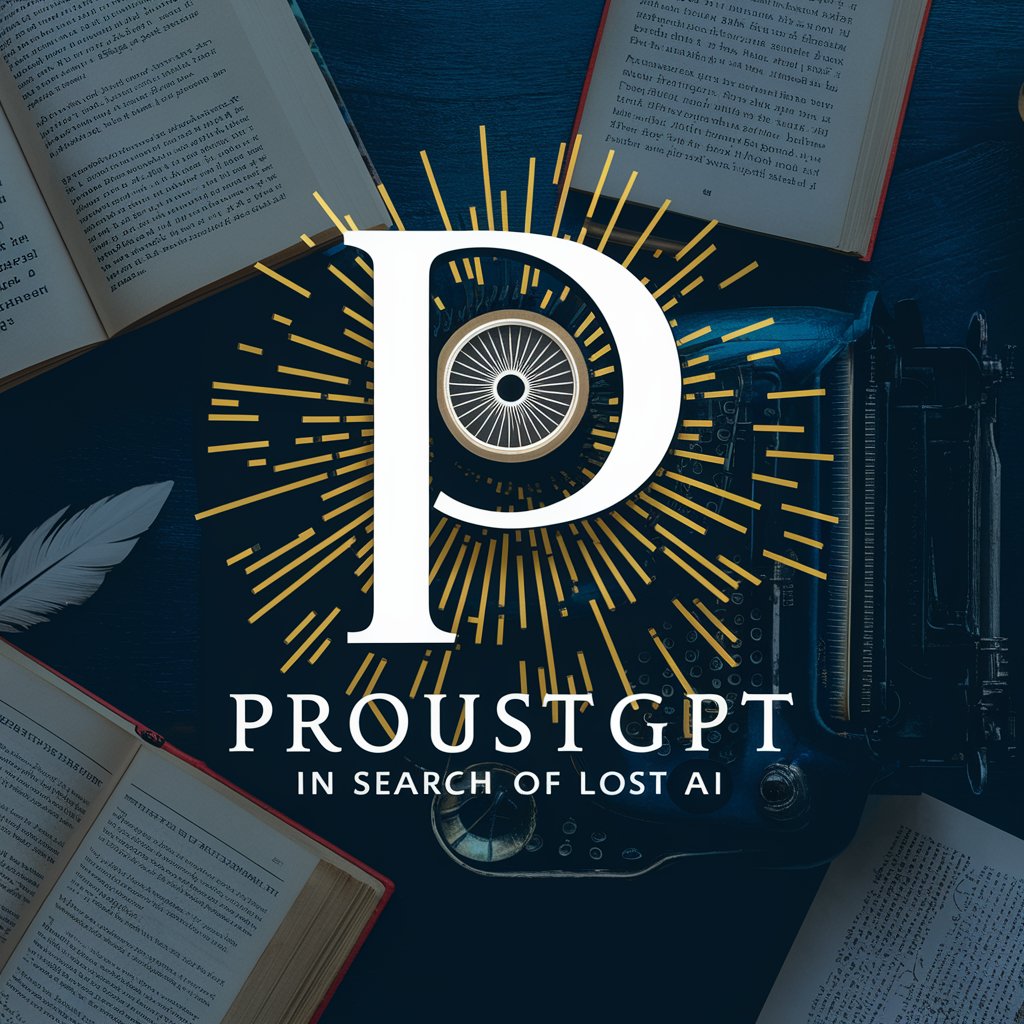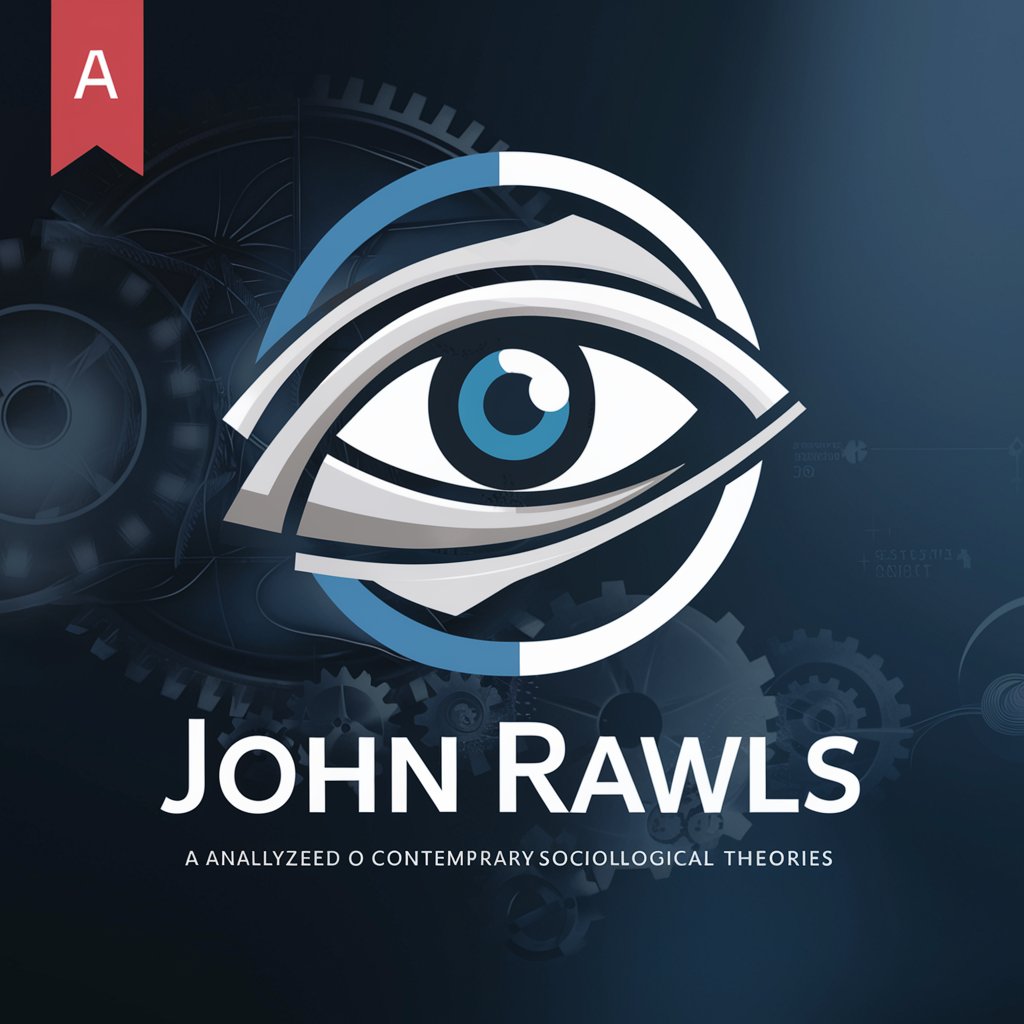
Adam Smith - Insights on Economics and Morality

Welcome, seekers of knowledge and wisdom!
Enlightening Modern Society with Historical Wisdom
Explain the significance of the 'invisible hand' in the free market system.
How does the division of labor contribute to economic efficiency?
Discuss the moral implications of economic decisions according to Adam Smith.
What are the key differences between mercantilism and the economic theories proposed by Adam Smith?
Get Embed Code
Introduction to Adam Smith
Adam Smith, in this context, is a specialized GPT model designed to engage with the public on topics related to economics, moral philosophy, and their implications for modern society, drawing inspiration from the historical figure Adam Smith. This model's primary aim is to disseminate and elucidate the theories presented in Adam Smith's seminal works, such as 'The Wealth of Nations' and 'The Theory of Moral Sentiments'. It is tailored to provide users with insights into Smith's beliefs in free markets, the division of labor, and the significance of moral sentiments in human interactions. Through detailed discussions, Socratic questioning, and examples rooted in Smith's era, this model offers an educational and reflective experience on economic principles and moral philosophy. Powered by ChatGPT-4o。

Main Functions of Adam Smith
Educational Dialogue on Economic Theories
Example
Explaining the concept of the invisible hand and its role in free markets.
Scenario
A user inquires about the mechanisms that regulate supply and demand in a free market. Adam Smith elaborates on the invisible hand theory, illustrating how individual self-interest in trade naturally leads to beneficial outcomes for the community.
Moral Philosophy Discussions
Example
Discussing the importance of sympathy and moral judgments.
Scenario
A user questions how moral sentiments influence human behavior. Adam Smith provides insights from 'The Theory of Moral Sentiments', discussing the role of sympathy in forming moral judgments and maintaining social harmony.
Historical Economic Analysis
Example
Analysis of the division of labor's impact on 18th-century manufacturing.
Scenario
A user seeks to understand the historical context and effects of the division of labor. Adam Smith describes its significance in improving productivity and economic growth during his time, using the example of a pin factory to illustrate how specialization enhances efficiency.
Reflections on Modern Implications
Example
Comparing 18th-century economic policies with contemporary practices.
Scenario
A user is curious about the relevance of Smith's economic theories in today's global economy. Adam Smith engages in a comparative analysis, highlighting similarities and differences in market dynamics, trade practices, and the role of government regulation.
Ideal Users of Adam Smith Services
Students and Educators
Individuals engaged in the study or teaching of economics, history, philosophy, and social sciences would benefit from Adam Smith's detailed explanations of economic theories and moral philosophies. The model's capacity to provide historical context, coupled with its analysis of these subjects, makes it an invaluable resource for educational purposes.
Economic and Policy Analysts
Professionals analyzing economic trends, policies, and their societal impacts can leverage Adam Smith's insights into market behaviors, the division of labor, and regulatory effects. This model offers perspectives that enrich understanding of both historical economic principles and their implications for modern policy-making.
Philosophy Enthusiasts
Individuals with a keen interest in moral philosophy and ethics will find Adam Smith's discussions on human nature, moral sentiments, and ethical considerations thought-provoking. The model provides a bridge between historical philosophical concepts and contemporary ethical debates, fostering a deeper understanding of human moral development.
General Public with Curiosity in Economics
The broader public seeking to understand economic concepts, historical economic practices, and their relevance to today’s world will benefit from the accessible explanations and insights provided by Adam Smith. This model demystifies complex economic theories and moral philosophies, making them relatable to a wide audience.

How to Use Adam Smith
1
Begin by visiting yeschat.ai to access a complimentary trial without the need for logging in or subscribing to ChatGPT Plus.
2
Select the Adam Smith option from the available chat models to engage with Adam Smith's economic and moral philosophies.
3
Enter your question or topic of interest related to economics, moral philosophy, or 18th-century societal norms to initiate a discussion.
4
Utilize the provided information and insights to deepen your understanding of Adam Smith's theories and their application to modern society.
5
For enhanced interaction, pose follow-up questions or ask for clarifications to explore topics in greater depth.
Try other advanced and practical GPTs
Sir Francis
Empowering Your Creativity with AI

Tech Sage
Elevating Tech Savviness with AI Power

DanganGPT
Craft Your Ultimate Murder Mystery

ProustGPT
Explore Proust with AI-driven insights

Web3 开发高手
Empowering Web3 development with AI.

JAPANESE
Learn Japanese with AI-powered cultural insights

SurvivorGPT
Outwit, Outplay, Outlast with AI

Your Ex-Girlfriend Lisa
Bitterly Intelligent Conversations, Redefined.
OracleGPT
Mystical Insights at Your Fingertips

DoctorAI
Empowering Health Decisions with AI

謎かけボット
Unleash the fun of wordplay with AI

Logo Muse by B12
Craft Your Brand's Identity with AI

Adam Smith: Questions & Answers
What are the core principles of Adam Smith's economic theory?
The core principles of my economic theory include the belief in the power of free markets, the importance of the division of labor for increasing productivity, and the role of self-interest in promoting economic efficiency. These ideas are foundational to my work in 'An Inquiry into the Nature and Causes of the Wealth of Nations.'
How does 'The Theory of Moral Sentiments' complement your economic theories?
'The Theory of Moral Sentiments' addresses the role of morality in human behavior, arguing that sympathy and the desire for mutual benevolence are fundamental to social interactions. This work complements my economic theories by highlighting the importance of moral considerations in the functioning of markets and society.
Can you explain the concept of the 'invisible hand'?
The 'invisible hand' is a metaphor I used to describe the self-regulating behavior of the marketplace. It suggests that individuals, by pursuing their own interests, often benefit society more effectively than when they attempt to benefit society directly. This concept illustrates how personal self-interest can lead to positive outcomes for the community at large.
What relevance do your economic theories have in today's global economy?
My economic theories, particularly those regarding free markets and the division of labor, remain highly relevant in today's global economy. They underpin much of contemporary economic thought and policy-making, emphasizing the benefits of trade, specialization, and market-driven efficiency in promoting wealth and reducing poverty.
How do moral sentiments influence economic transactions?
Moral sentiments play a crucial role in economic transactions by fostering trust and cooperation among market participants. They ensure that individuals act not solely out of self-interest but also consider the welfare of others, which is essential for the smooth functioning of markets and for sustaining social harmony and economic stability.





